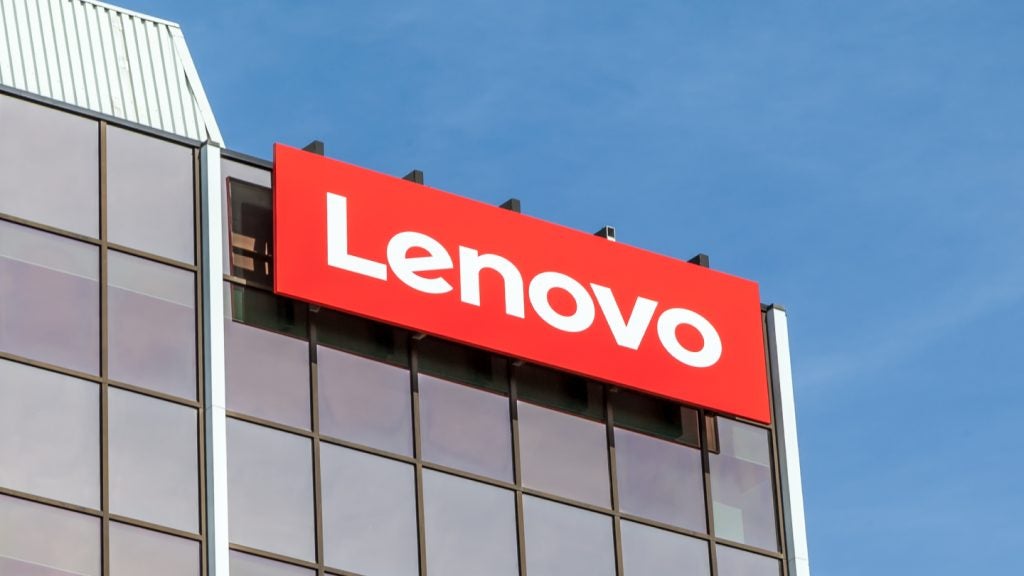US healthcare firm Grail has announced the first patients enrolled as part of its REACH medicare study aimed at examining the company’s multicancer diagnostic test on social healthcare recipients with the company touting its focus on gathering underrepresented communities.
The Reach study, an acronym for the Real-world Evidence to Advance Multi-Cancer Early Detection Health Equity, is a three-year study that will compare up to 50,000 Medicare beneficiaries who have received usual care plus an annual Galleri test.
The study (NCT05673018) is designed to measure the clinical impact of the Galleri test to assess the reduction in diagnosed stage IV cancers and the safety associated with Galleri use. The company also added that the study is being conducted under an Investigational Device Exemption (IDE) application approved by the U.S. Food and Drug Administration (FDA), and the Centers for Medicare and Medicaid Services' approval of the study for Medicare coverage.
President of Grail, Josh Ofman, said: “The first participant enrolled in the REACH study marks a significant milestone for GRAIL and its pursuit of broad access to Galleri for asymptomatic, early cancer detection. With approximately 80% of deaths caused by cancers lacking recommended screening tests, the Galleri test is a proactive tool to screen for a 'fingerprint' of many of the deadliest cancers, many of which go undetected until symptoms appear.
“The REACH study demonstrates our continued commitment to generating important clinical information that is representative of the intended patient population, including groups that are often underrepresented in clinical research. The findings from this study will add to our robust body of clinical evidence evaluating the potential for MCEDs to change the future of cancer detection, including in diverse populations.”
The announcement comes in response to research published by the US National Institutes for Health (NIH) finding that almost 70% of people who died from cancer last year in the United States were age 65 and older, at the same time more than half of all diagnoses occurred in users of the US Medicaid system.
The announcement follows after biotechnology firm Illumina was forced to spin off grail after complaints from the European Commission over how the company had been acquired. It also follows after Grail has completed the planned enrolment of more than 35,000 subjects for its PATHFINDER 2 study.















